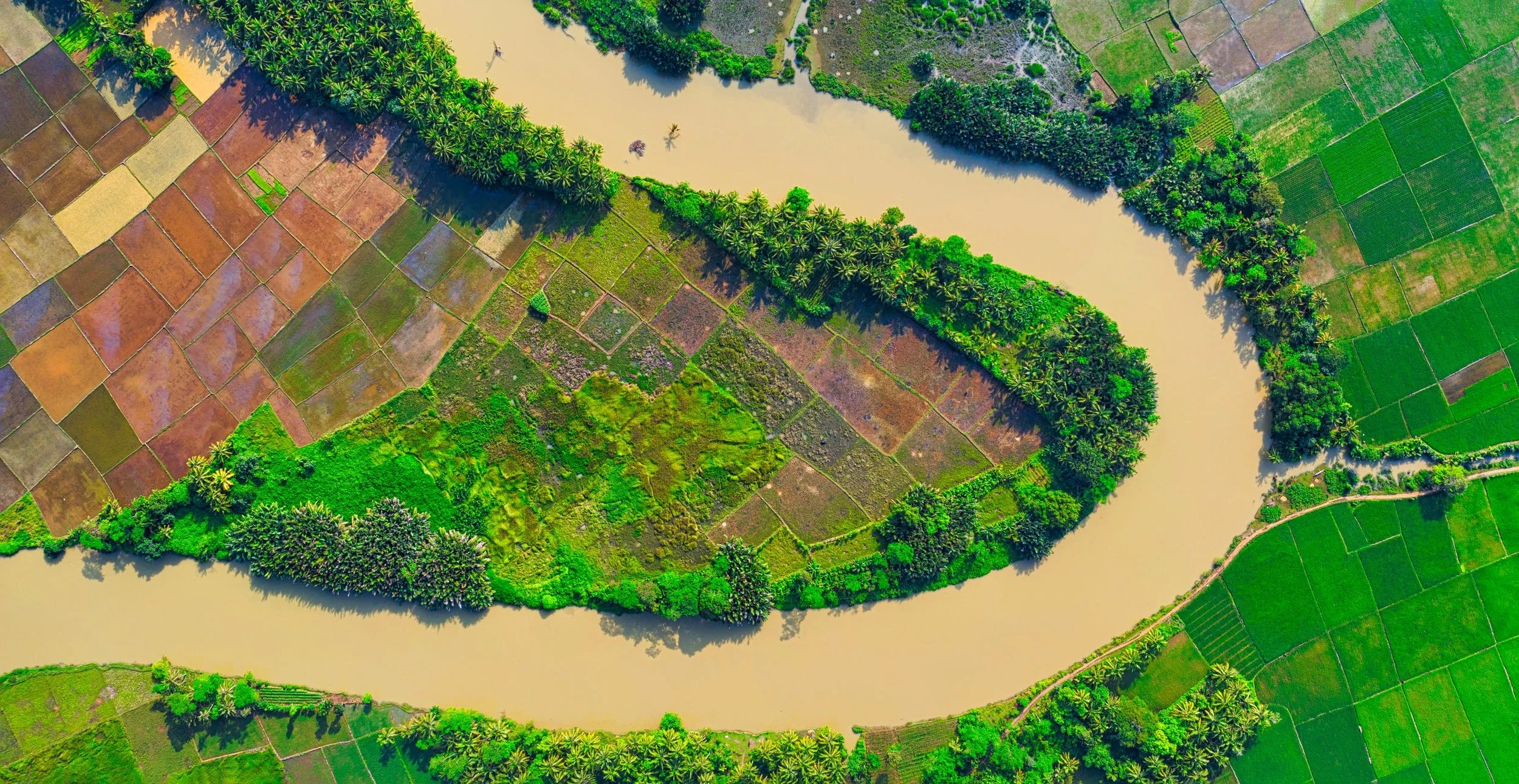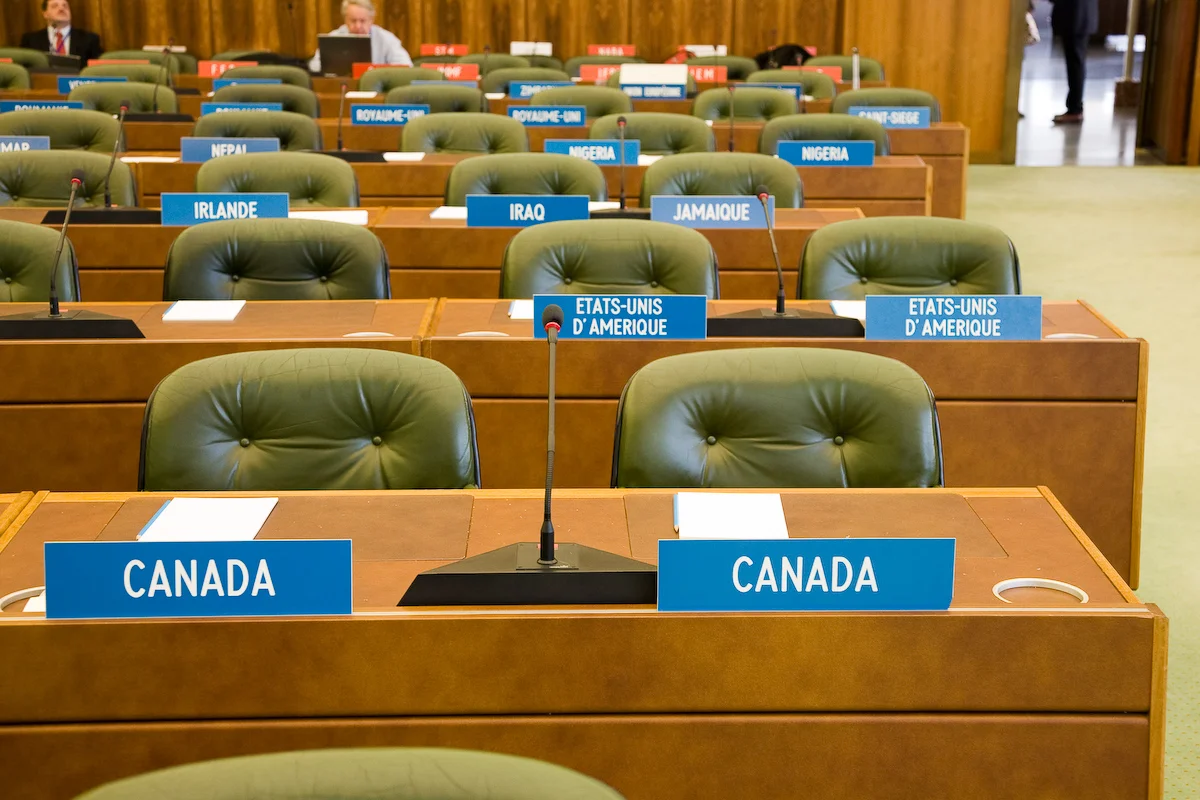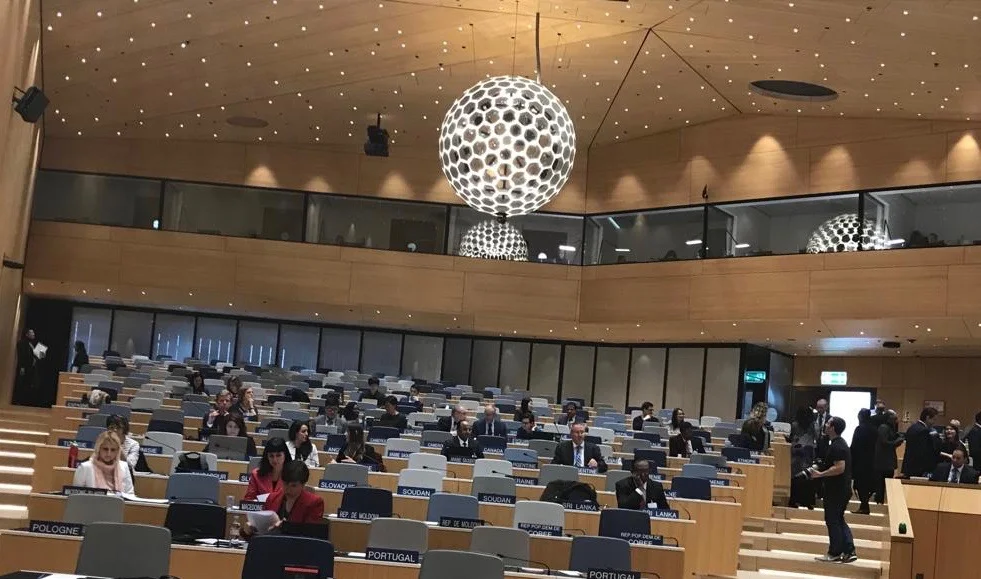The Third Industrial Revolution (3IR) provided perhaps the most significant insights into Africa’s potential to fast-track its march to sustainable development. As with industrial revolutions, the 3IR has further tinkered with international division of labour. Gradually, Africa and indeed economies hitherto considered as periphery – so-called because they were traditional sources of raw materials – are now actors in knowledge-driven competition, which is the hallmark of the 3IR.
Read MoreThe third industrial revolution (3IR) provided perhaps the most significant insights into Africa’s potential to fast-track its sustainable development. As with previous industrial revolutions, the 3IR has affected the international division of labour. Gradually, Africa and a number of economies on the periphery – so described because they were traditional sources of raw materials – have become actors in a knowledge-driven competition, which is the hallmark of the 3IR.
Read MoreThe triumph of capitalism and its impact, post-cold war, is manifest in diverse ways and sites in the global south, especially Africa. Perhaps the most prominent consequence of the post-cold war capitalist strangle-hold is the phenomenon of globalization. In its legal and economic gradient, globalization has yielded unprecedented spate of legal harmonization and capitalist structuring, opening up of markets under the trade liberalization mantra.
Read MoreThe WIPO IGC is tasked with the mandate to engage in text-based negotiations for the effective protection of genetic resources (GRs), traditional knowledge (TK), and traditional cultural expressions (TCEs). The need for a special international regime of protection for TK/TCEs is based on many gaps in the global intellectual property and knowledge governance order.
Read MoreOne of the major innovations of the IGC, in its long-running search for international legal instruments for the effective protection of TK/TCEs (Traditional Knowledge / Traditional Cultural Expressions), is the idea of tiered or differentiated approaches to TK/TCEs. The essence of looking at TK/TCEs on a tiered basis is the recognition that some TK/TCE categories are diffused to some degree.
Read MoreIn Genetic Resources, Justice and Reconciliation: Canada and Global Access and Benefit Sharing
Chidi Oguamanam, ed.
(New York: Cambridge University Press, 2019)
On August 27, 2018, the World Intellectual Property Organization (WIPO) Intergovernmental Committee on Intellectual Property and Genetic Resources, Traditional Knowledge and Folklore (IGC) reconvened in Geneva for its 37th session. The August 27-31 meeting is the third under the 2018-2019 biennium of the IGC and also the first opportunity for the experts to further advance negotiations on two texts for traditional knowledge (TK) and traditional cultural expressions (TCEs) under the current two-year program.
Read MoreCIGI Papers
No. 185 (2018)
World Intellectual Property Day was April 26. The day aims to promote innovation and creativity for intellectual property (IP) as well as recognize achievements made across the globe by inventors and creators. As part of the Canada’s celebration, Navdeep Bains, Minister of Innovation, Science and Economic Development, launched Canada’s first IP Strategy.
Read MoreFor the 35th time in 18 years, experts have yet again gathered at the World Intellectual Property Organization (WIPO) headquarters in Geneva where they are scheduled to remain in deliberation between March 19 and 23, 2018. This meeting of the WIPO IGC is at the instance of the body’s renewed mandate for the 2018 and 2019 biennium after it failed, last year, to secure the transition of its draft texts.
Read MoreJournal of World Intellectual Property
Vol. 21, No. 5-6 (2018)
Journal of Environmental Law and Policy
Vol. 31, No. 1 (2017)
Co-authored w/ Vipal Jain
In Protecting Traditional Knowledge: The WIPO Intergovernmental Committee on Intellectual Property and Genetic Resources, Traditional Knowledge and Folklore
D. F. Robinson, A. Abdel-Latif & P. Roffe, eds.
(New York: Routledge, 2017)
Marine Policy
Vol. 67 (2016)
Co-authored w/ Aldo Chircop & David Dzidzornu
One of the off record welcome hospitality that the Conservative Prime Minister of Britain, Mr. David Cameron, extended to President Muhammadu Buhari who attended the May 10 Anti-Corruption Summit in London is his sneaky remark to the British monarch, Queen Elizabeth II, ahead of that summit that Nigeria (alongside Afghanistan) is a “fantastically corrupt” country. My impression is that Her Majesty may have a better sense of history than Cameron.
Read MoreThe global South is full of significant, diverse biological and genetic resources. It’s also home to most of the world’s indigenous communities. This is why developing countries are sensitive about protecting their genetic resources and traditional knowledge.
Read MoreJournal of World Intellectual Property
Vol. 18, No. 5 (2015)
African Journal of International and Comparative Law
Vol. 23, No. 2 (2015)

















